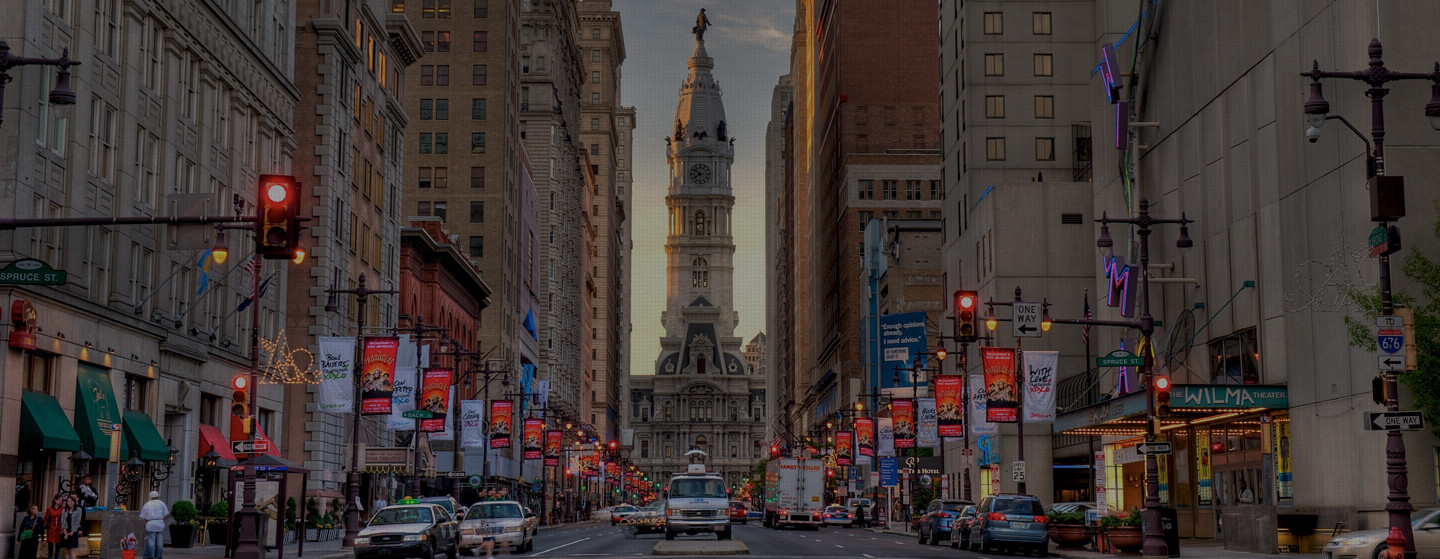
FEDERAL INCENTIVES
UPDATE (as of January 1, 2017)
Section 181 NOT renewed-Federal Film Production Tax Incentive dead. Latest news available here.
Definition- Sec. 181 allows for the immediate expensing on the first $15 million of a film and television production ($20 million in a low income designated area), if 75% of the total qualified compensation occurs in the United States. Qualified compensation is services performed in the U.S. by actors, production personnel, directors, and producers. There is no minimum for film production cost, and for television production pilots, TV episodes (up to 44), short films, music videos and feature films all qualify for Section 181.
Section 181
- 100% of the motion picture costs are deductible in the same year of investment.
- 75% of the motion picture must be shot in the US to qualify for Section 181
- There is a $15 to $20 million dollar budget cap.
- There is no minimum film production budget cost.
- TV pilots, TV episodes (up to 44), short films, music videos and feature films all qualify for Section 181.
- Section 181 can be applied to active income or passive income.
- Investors can be either individuals or businesses.
- Section 181 is retroactive
UPDATE as of 12/22/15
Section 181Section 181
DECEMBER 22ND, 2015Congress Extends IRC Section 181 for Films; Expands it to Cover Live Theatrical Productions
A new law, signed by the President on December 18, extends Section 181 of the Internal Revenue Code for film and television and expands it to cover live stage productions.
Film and Television: Section 181 (subject to its applicable limitations) permits the immediate deduction of the costs of producing a film or television production in the US. It had expired at the end of 2014. It has now been extended retroactively from January 1, 2015, and continues through December 31, 2016; it covers qualifying films where principal photography has commenced or will commence at any time in 2015 or 2016. Here’s what producers need to know:
1. The new extension will apply to a producer who started principal photography of a television production or feature film at any time in 2015 (or will start prior to December 31, 2016), and who (or whose investors) will now be in a position to take advantage of the benefits of Section 181. This is true even though the producer may have completed the film in 2015, with no expectation of being able to claim the federal tax benefits of Section 181. This possibility arises because of the retroactive nature of the new extension (back to January 1, 2015). Important: to claim the benefits of Section 181 for a 2015 film, the producer must attach a Section 181 election form to the production company’s 2015 federal income tax return. If your production has already filed its 2015 federal income tax return without a Section 181 election form, e.g., because the production used a short-year tax return in 2015 to accelerate the receipt of a state tax rebate, please contact us to discuss your situation.
2. The Section 181 extension applies to films with principal photography commencing on or before December 31, 2016. If a producer can accelerate principal photography so that it starts by December 31, 2016, Section 181 and its benefits should be available to all the qualifying production costs of the film, even though most of the costs occur in 2017 – provided that the principal photography continues in the ordinary course of production.
Live Stage: For the first time, Congress extended Section 181 to qualifying live stage productions that have their first paid public performance on or after January 1, 2016. This means that qualifying production costs incurred in 2015 can qualify for 181 treatment. It also means that a producer about to open a show may wish to consider whether the first paid public performance should, if feasible, be delayed until 2016.
